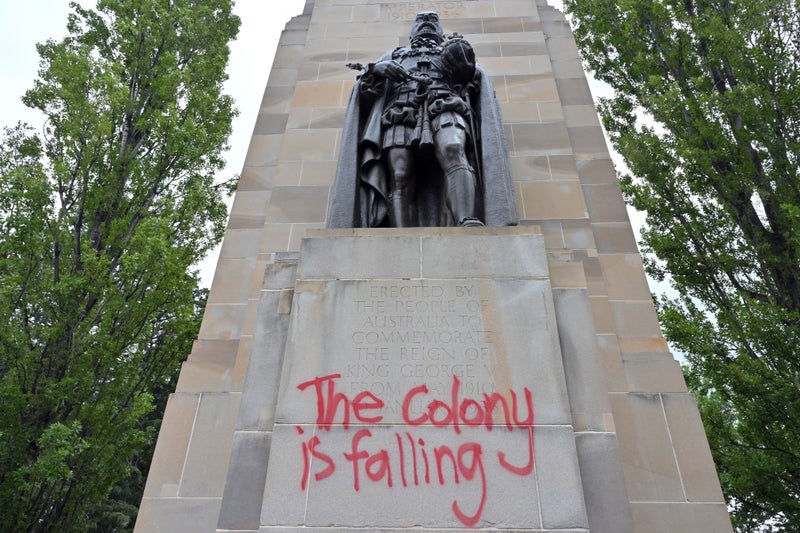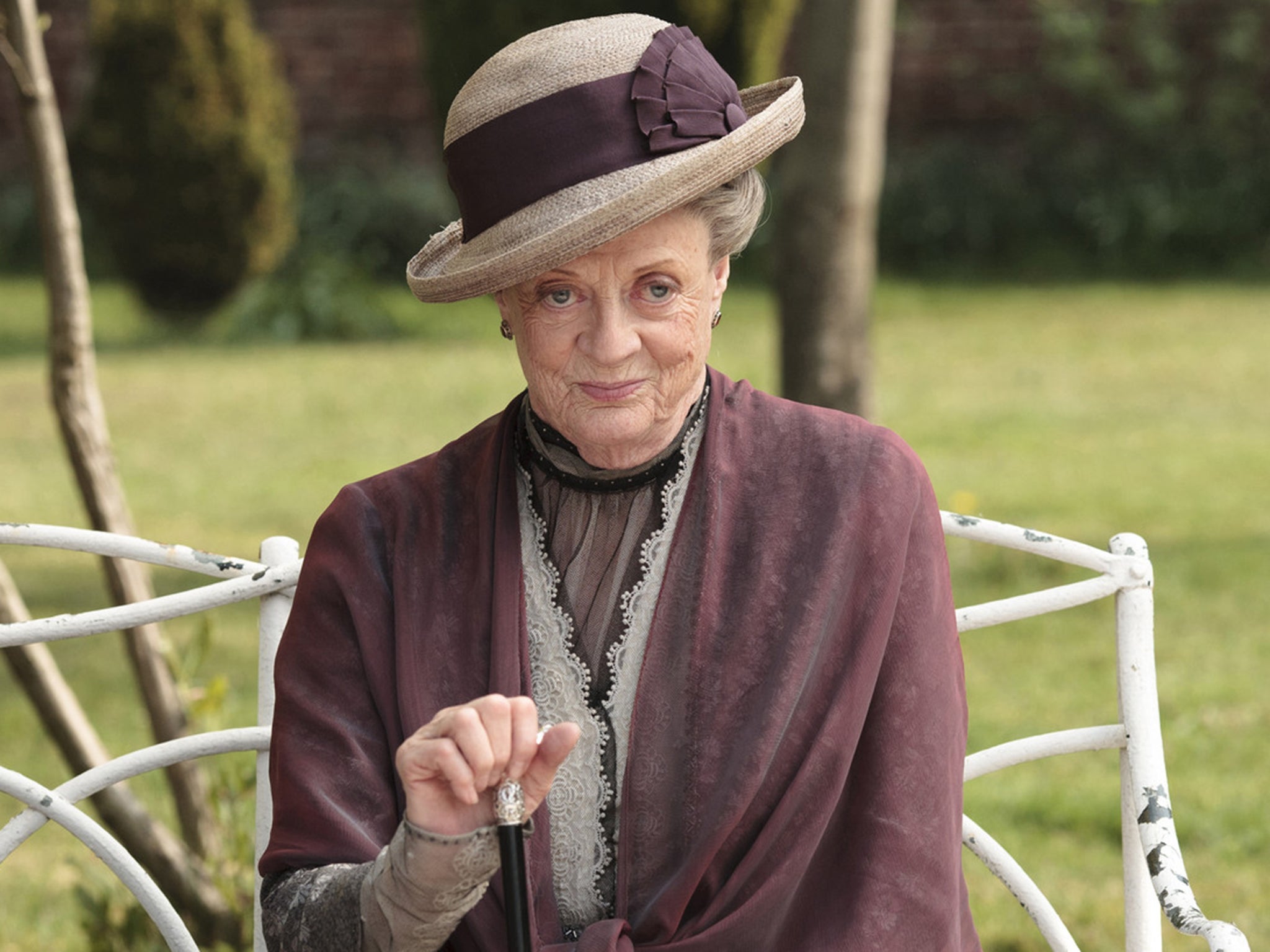Amid political pressure, Creative Australia says deselecting the Lebanese-born artist will avoid ‘divisive debate’. Khaled Sabsabi, the western Sydney artist who fled Lebanon’s civil war as a child, has been dropped from representing Australia at the 61st Venice Biennale – just five days after being selected to do so. Sabsabi selection for the 2026 showcase had caused controversy due to some of the artist’s previous works, including a 2007 depiction of former Hezbollah leader Hassan Nasrallah, who was assassinated last year, and a 2006 video rendering of the 9/11 attacks called Thank You Very Much. Shortly after the announcement, Sabsabi admitted to being shocked at being chosen, telling the Guardian: “I felt that, in this time and in this space, this wouldn’t happen because of who I am.”.
The selection was not without its critics, however, amid a febrile political climate in which Anthony Albanese’s Labor government has been condemned by the opposition for what some have deemed an insufficient response to a spate of antisemitic attacks in recent months. It appears that Australia’s federal arts body Creative Australia, who picked Sabsabi alongside curator Michael Dagostino, have responded to political pressure to drop the artist. In a statement they said: “The board of Creative Australia has made the unanimous decision not to proceed with the artistic team chosen for the Venice Biennale 2026. Creative Australia is an advocate for freedom of artistic expression and is not an adjudicator on the interpretation of art. However, the board believes a prolonged and divisive debate about the 2026 selection outcome poses an unacceptable risk to public support for Australia’s artistic community and could undermine our goal of bringing Australians together through art and creativity.”.
The decision comes after the issue made its way to the Australian Senate. During question time, Liberal senator Claire Chandler raised Sabsabi’s selection, saying: “With such appalling antisemitism in our country, why is the Albanese government allowing the person who highlights a terrorist leader in his artwork to represent Australia on the international stage?”. Yet some critics have taken a more nuanced view of Sabsabi’s artworks. Describing You, the video installation using fractured images of Nasrallah, the Museum Of Contemporary Art’s website states: “Sabsabi’s use of the multiplying image is purposefully ambiguous. It plays on western fears of cultural difference … and suggests the all-pervasiveness of the public news media, and its ability to deify or vilify through the intensive repetition of imagery on our television screens.” The title Thank You Very Much also plays with ambiguity: the work includes a clip of George W Bush, US president during the attacks, saying the phrase during a press conference.
Sabsabi is no stranger to provocation and political statements. He has previously made work critical of Islamic State, and in 2009 embossed the letters Fuck Off We’re Full on a gallery wall. In 2022, he was one of 20 artists to withdraw from the Sydney festival over its sponsorship deal with the Israaeli embassy, saying that his works are “tied by blood to Palestine, the Palestinian cause and their right to self-determination and their right to return to their lands”.
Speaking from his garage studio in Sydney, Sabsabi last week told the Guardian how thrilled he had been to be selected. “It’s an honour because the majority of my work and my passion and commitment over the years has been about ideas of representation, ideas of identity and looking at breaking stereotypes, especially within the Australian context of Muslims and Arabs,” he said. His work, which encompasses painting, moving image and scent art, draws from Sufism, the refugee crisis and Arab identity. But it is especially entwined with Sabsabi’s experience of having to flee Tripoli as a child: “Having the trauma of the civil war … this affects who I am and what I make.” he said.






















